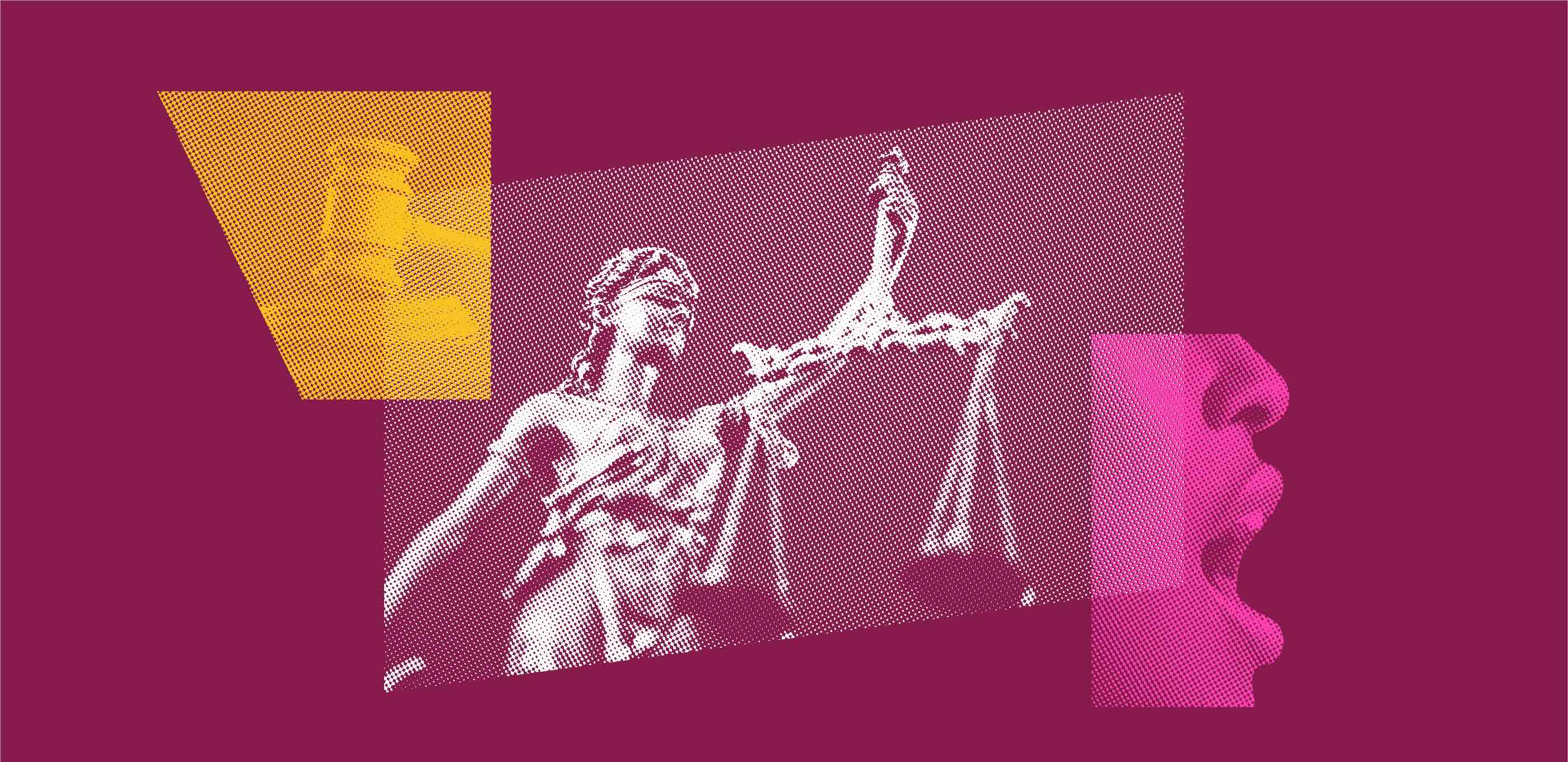
FLORIDA IMMIGRANT COALITION v. UTHMEIER
What's at Stake
The American Civil Liberties Union of Florida, ACLU Immigrants’ Rights Project, Americans for Immigrant Justice, and the Community Justice Project filed a federal class action lawsuit challenging Florida’s new extreme anti-immigrant law, Senate Bill 4C (SB 4C), which authorizes state and local law enforcement to imprison people based on their manner of entering the country — powers the Constitution reserves exclusively to the federal government.
Summary
The American Civil Liberties Union of Florida, ACLU Immigrants’ Rights Project, Americans for Immigrant Justice, and the Community Justice Project filed a federal class action lawsuit challenging Florida’s new extreme anti-immigrant law, Senate Bill 4C (SB 4C), which authorizes state and local law enforcement to imprison people based on their manner of entering the country — powers the Constitution reserves exclusively to the federal government. The lawsuit is brought on behalf of the Farmworker Association of Florida (FWAF), the Florida Immigrant Coalition (FLIC), and individual plaintiffs — including longtime Florida residents with pending federal immigration applications and with U.S. citizen family members who rely on their care.
The district court granted a temporary restraining order and later a preliminary injunction against the law, finding that the plaintiffs were likely to succeed on their claims that SB 4C is preempted and violates the Dormant Commerce Clause. The district court also granted provisional class certification.
Florida appealed and moved to stay the preliminary injunction in the Eleventh Circuit, contesting the merits of the plaintiffs’ claims and arguing that the district court’s injunction did not properly apply to all law enforcement officers in the state. The Eleventh Circuit denied Florida’s motion to stay the injunction. The court explained that “[i]t seems likely—given the federal government’s longstanding and distinct interest in” immigration and Congress’s “extensive regulation” in this area—that SB 4C is preempted by federal law.
Florida then applied for a stay of the preliminary injunction in the Supreme Court. The Supreme Court denied Florida’s application to stay the preliminary injunction without any written opinions or noted dissents, leaving the injunction in place as to all Florida law enforcement officers.
Additionally, the district court found Florida Attorney General Uthmeier in civil contempt of court after the court ordered Uthmeier to provide notice to all law enforcement officers of the court’s preliminary injunction order. Although Uthmeier initially notified law enforcement to comply with the court’s TRO, he later issued a second letter telling law enforcement: “I cannot prevent you from enforcing [S.B. 4C], where there remains no judicial order that properly restrains you from doing so . . . [, and] it is my view that no lawful, legitimate order currently impedes your agencies” from enforcing S.B. 4C. As a sanction, the court ordered Uthmeier to file biweekly reports on any enforcement of S.B. 4C and ordered the defendants to provide immediate notice if they learn of any arrests under S.B. 4C. The court warned that further noncompliance could trigger additional penalties.
Briefing is ongoing in the Eleventh Circuit on the merits of the preliminary injunction. Argument is scheduled for October 2025.
Legal Documents
-
04/02/2025
COMPLAINT -
04/04/2025
Order Granting TRO -
04/29/2025
PI Order
Date Filed: 04/02/2025
Court: District Court (S.D. Fla.)
Affiliate: Florida
Download DocumentDate Filed: 04/04/2025
Court: District Court (S.D. Fla.)
Affiliate: Florida
Download DocumentDate Filed: 04/29/2025
Court: District Court (S.D. Fla.)
Affiliate: Florida
Download DocumentPress Releases
U.S. Supreme Court Denies Florida’s Request to Enforce Unconstitutional Anti-Immigrant Law
Federal Appellate Court Denies Florida’s Request to Enforce Unconstitutional Anti-Immigrant Law SB 4-C
Federal Court Extends Block on Florida’s Extreme Anti-Immigrant Law, SB 4-C
Federal Court Halts Florida’s Cruel Anti-Immigrant Law SB 4-C in Major Victory for Immigrant Justice
Groups File Lawsuit to Block Florida’s Unconstitutional Anti-Immigrant Law SB 4C